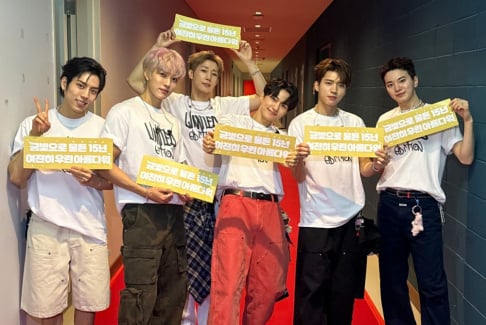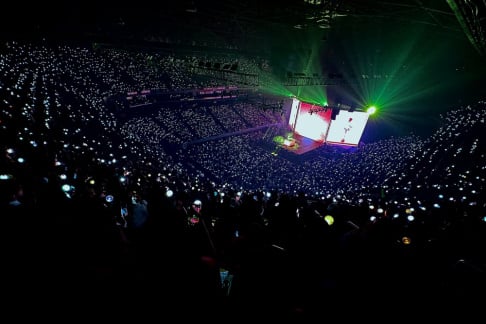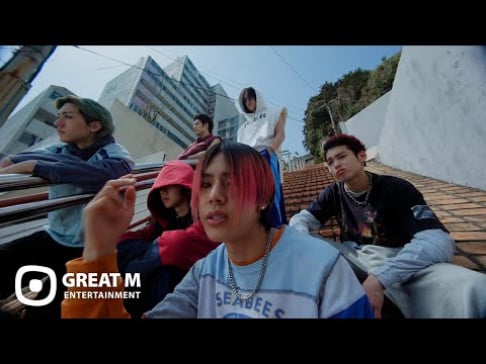
For many years, variety shows were essential stepping stones for K-pop idols to build their popularity. However, as the K-pop industry evolves, more groups are now relying on their own reality or survival programs to create a direct connection with fans. But just how significant are these self-produced shows when it comes to an idol group's success?
Reality programs themselves aren’t exactly a new concept. In fact, almost every K-pop group participates in at least one self-produced show during their debut period to introduce members and attract a fanbase. But the game-changer was undoubtedly the mega-successful survival series 'Produce 101.' The show not only captivated audiences but also paved the way for subsequent programs, spawning popular groups like IOI, Wanna One, IZ*ONE, and more.
'Produce 101' revolutionized how new groups could rapidly rise in popularity. The show's compelling narratives and intense competition made it impossible for viewers to turn away. Even now, fans continue to fondly recall specific members and moments, proving the lasting impact these programs have.
Groups like BTS further evolved this trend with their own show 'Run BTS.' Rather than relying on appearances on mainstream variety shows, they utilized their own platform to directly engage fans, share their personalities, and promote new music. This strategy created a unique bond with their audience and set a new standard within the industry.
The appeal of reality and self-produced programs lies in the authenticity, intimacy, and relatability they provide, which fans often can't fully experience from polished stage performances or tightly scripted content. Through these programs, idols are free to showcase a more genuine and relaxed side - laughing freely, engaging in spontaneous humor, displaying vulnerability, and revealing heartfelt moments. These unscripted glimpses not only humanize idols but also create deeper bonds with their audience, as fans begin to see their favorite artists as relatable, approachable individuals.
Moreover, reality and self-produced content often generate viral moments, significantly increasing visibility for groups. Many new fans find themselves unexpectedly captivated after coming across endearing or amusing clips online, sparking their curiosity to explore more about the idols and their music. This serendipitous discovery often turns casual viewers into loyal, dedicated supporters.
As K-pop continues its rapid global expansion, the strategic role of reality shows and survival programs has become increasingly vital. Such programs have evolved into highly effective promotional tools, strengthening the emotional investment fans have in idols and fostering personal connections beyond the music itself. These platforms offer unique narratives, highlighting the idols' personal struggles, dreams, and camaraderie, all of which resonate deeply with audiences and create lasting impressions. Ultimately, reality-based content not only fuels fandom growth but also enriches fan engagement by inviting viewers into idols' genuine everyday lives, solidifying a bond that transcends cultural and geographic boundaries.
As a fellow K-pop fan, how significant do you think these reality shows are in contributing to a group's overall success?
SEE ALSO: BTS adds another song with 500 million Spotify streams to their achievement list


 SHARE
SHARE









































